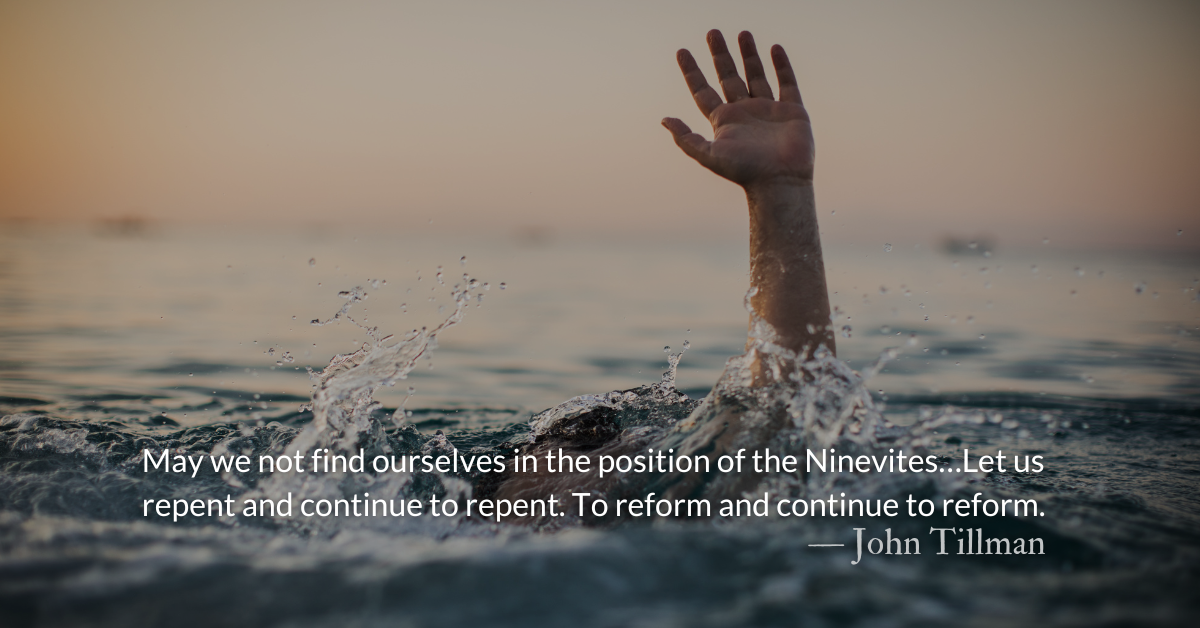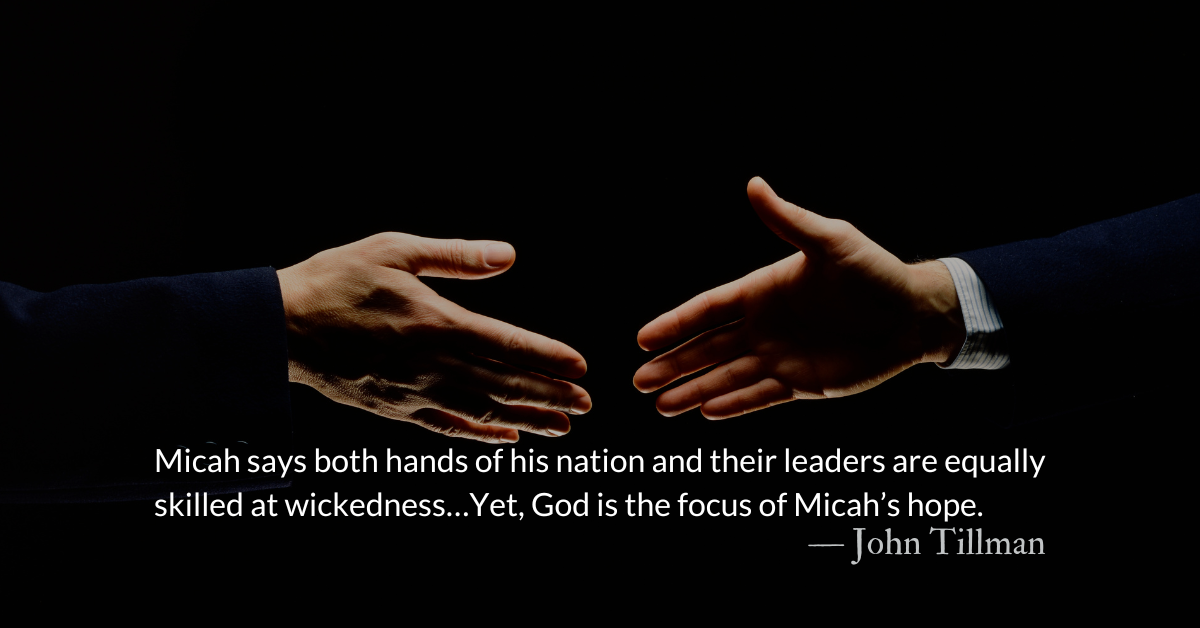Relevant Text: Est. 4:15-16
Full Text: Est. 4; Acts 27
Cravings | “There are only three sports: bullfighting, motor racing, and mountaineering,” said Earnest Hemingway. “The rest are merely games” [1]. Extreme sports enthusiasts, of course, agree. There needs to be some life-threatening element that satisfies our craving for adventure. After all, boredom is the worst. As Victor Hugo said, “One can dream of something more terrible than a hell where one suffers; it’s a hell where one would get bored” [2]. Yet, our craving for adventure has a twin craving that extreme sports don’t satisfy – significance. We don’t just want thrills; we want meaning. We want something that’s worth taking risks for.
Risks | Haman convinced the king to issue a decree to exterminate the Jewish refugees. The king, however, didn’t know that Esther was Jewish. When Mordecai heard about the decree, he asked Esther to plead their case to the king. Although she knew that the lives of her people were at stake, she also knew that the law stated that anyone who approached the king without being summoned would be killed unless mercy was shown. What did she do? She told Mordecai, “Go, gather all the Jews … and fast for me; neither eat nor drink for three days, night or day. My maids and I will fast likewise. And so I will go to the king, which is against the law; and if I perish, I perish!” [3]. Esther didn’t know what would happen, but she made her decision based on wisdom and love. Then she handed the results over to God.
Obedience | In our culture, we have opportunities to take risks with significance daily. In fact, mere obedience can lead to a meaningful adventure. For example, when working professionals observe the Sabbath by resting from work and focusing on God, they risk being bested by colleagues and competitors. When we give the firstfruits of our income to God by tithing, we risk not being able to afford other things. How do we choose obedience? We release our cravings for comfort, security, control and success, and embrace our cravings for adventure, faith, miracles and deep knowledge of Jesus.
Prayer | Lord, You created us for adventure with significance. Yet, we are oftentimes misdirected and separate these twin cravings. In our lives, give us the courage to take risks for your kingdom, as we constantly choose faith over fear and obedience over sin. Amen.
____________________________________
FAQs
How can I make a tax-deductible donation? Click here.
How can I get these devotionals in my inbox? Click here.
What is the reading plan this blog is based on? Click here.
____________________________________
Footnotes






